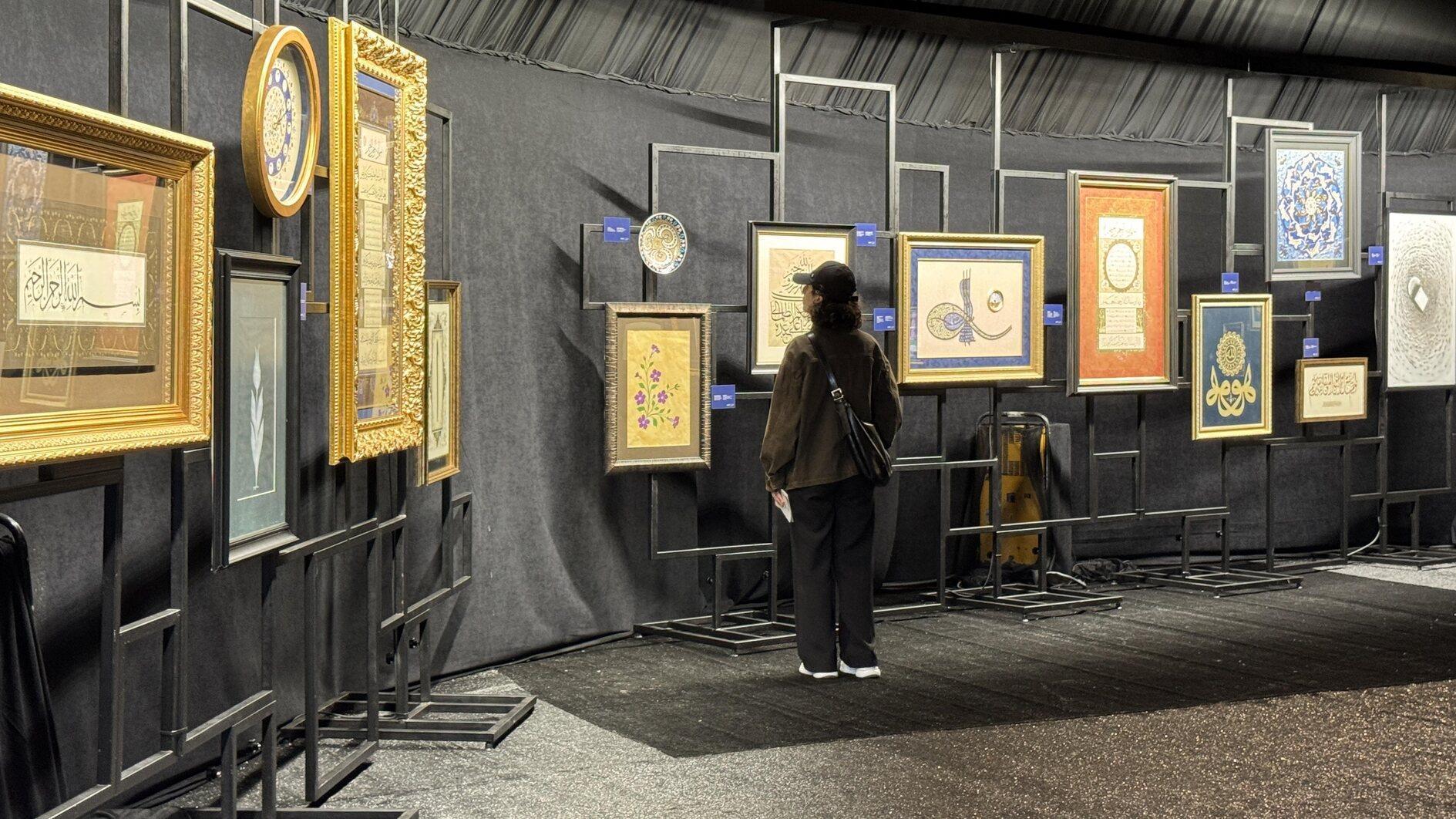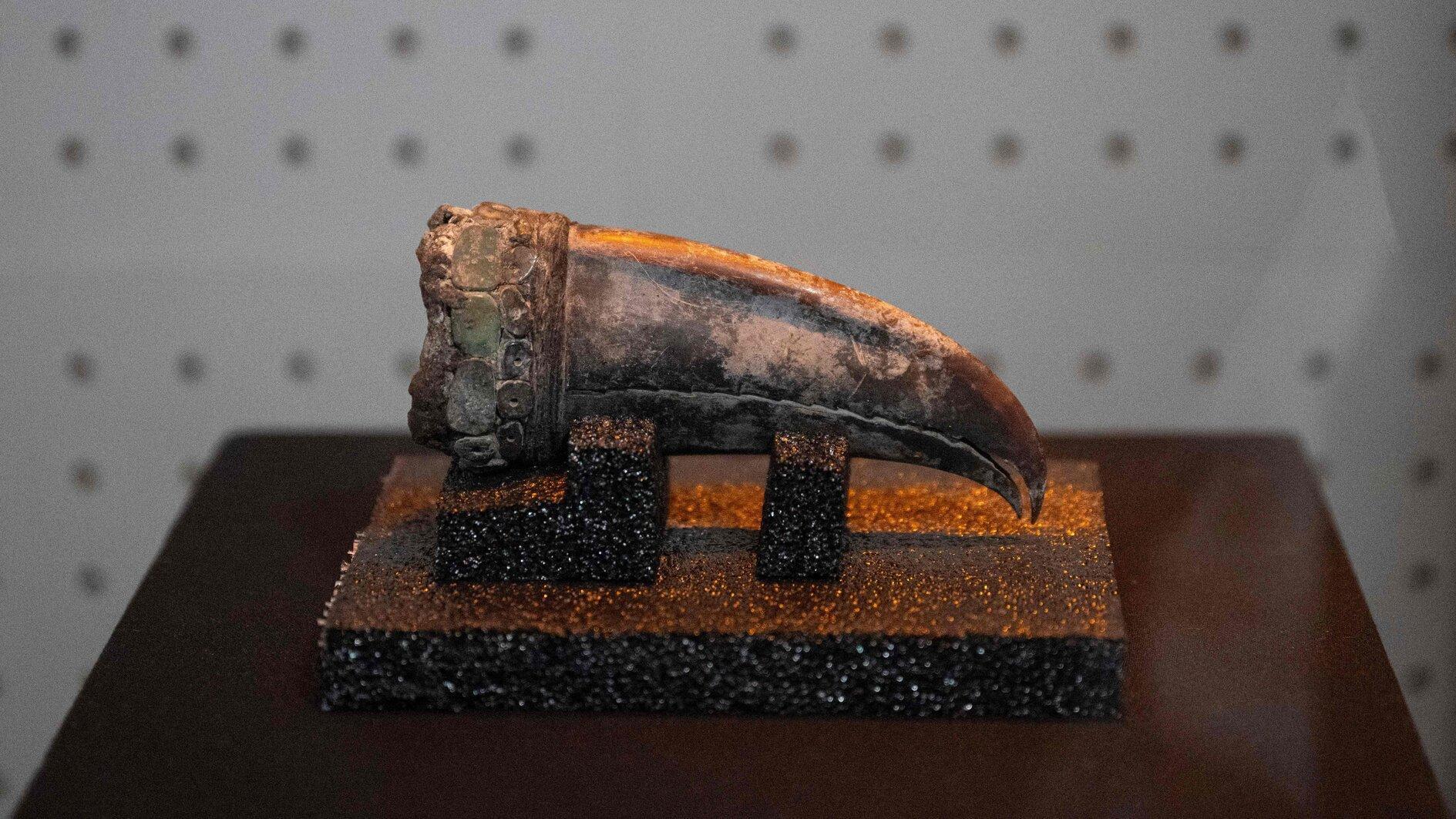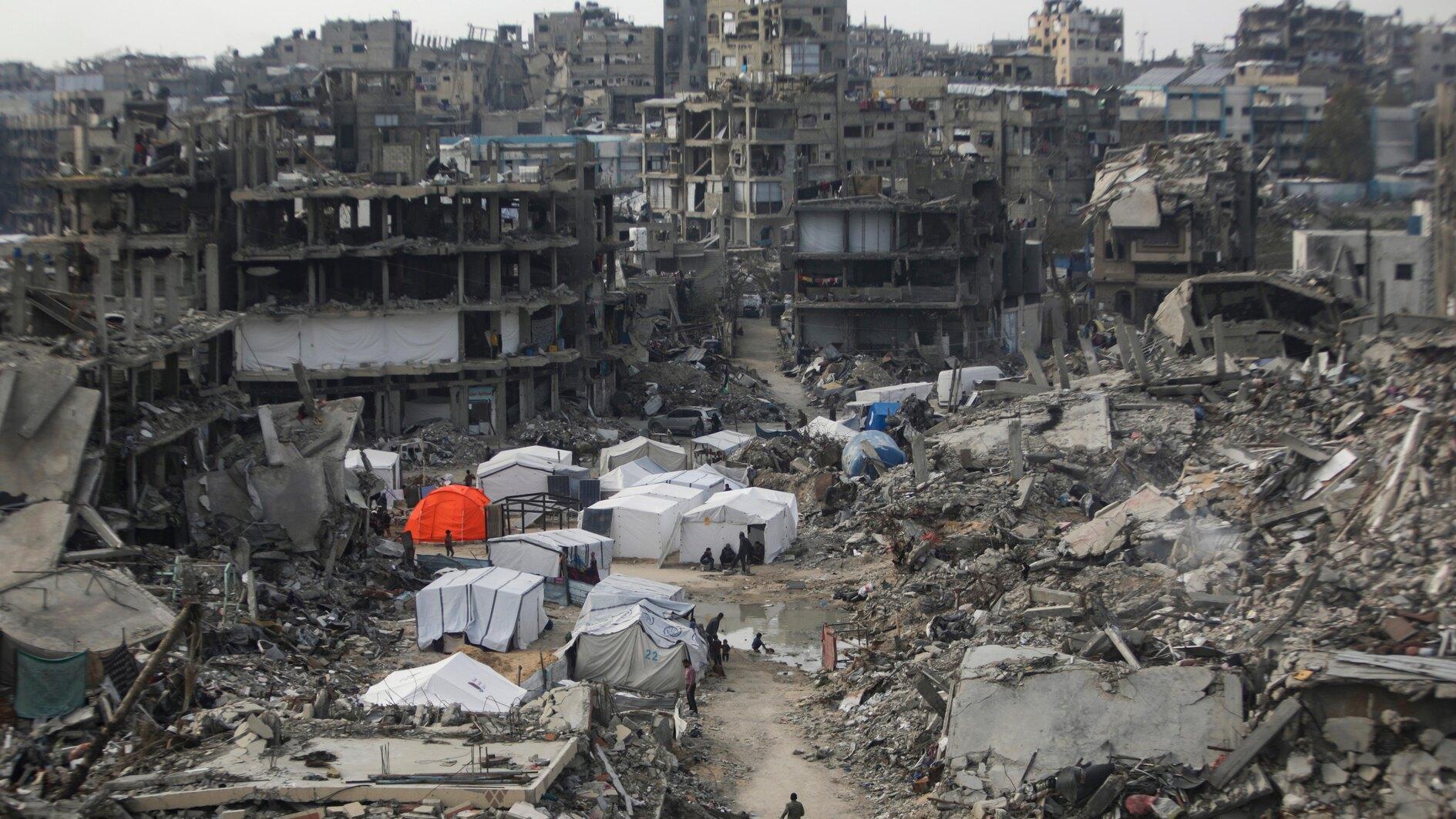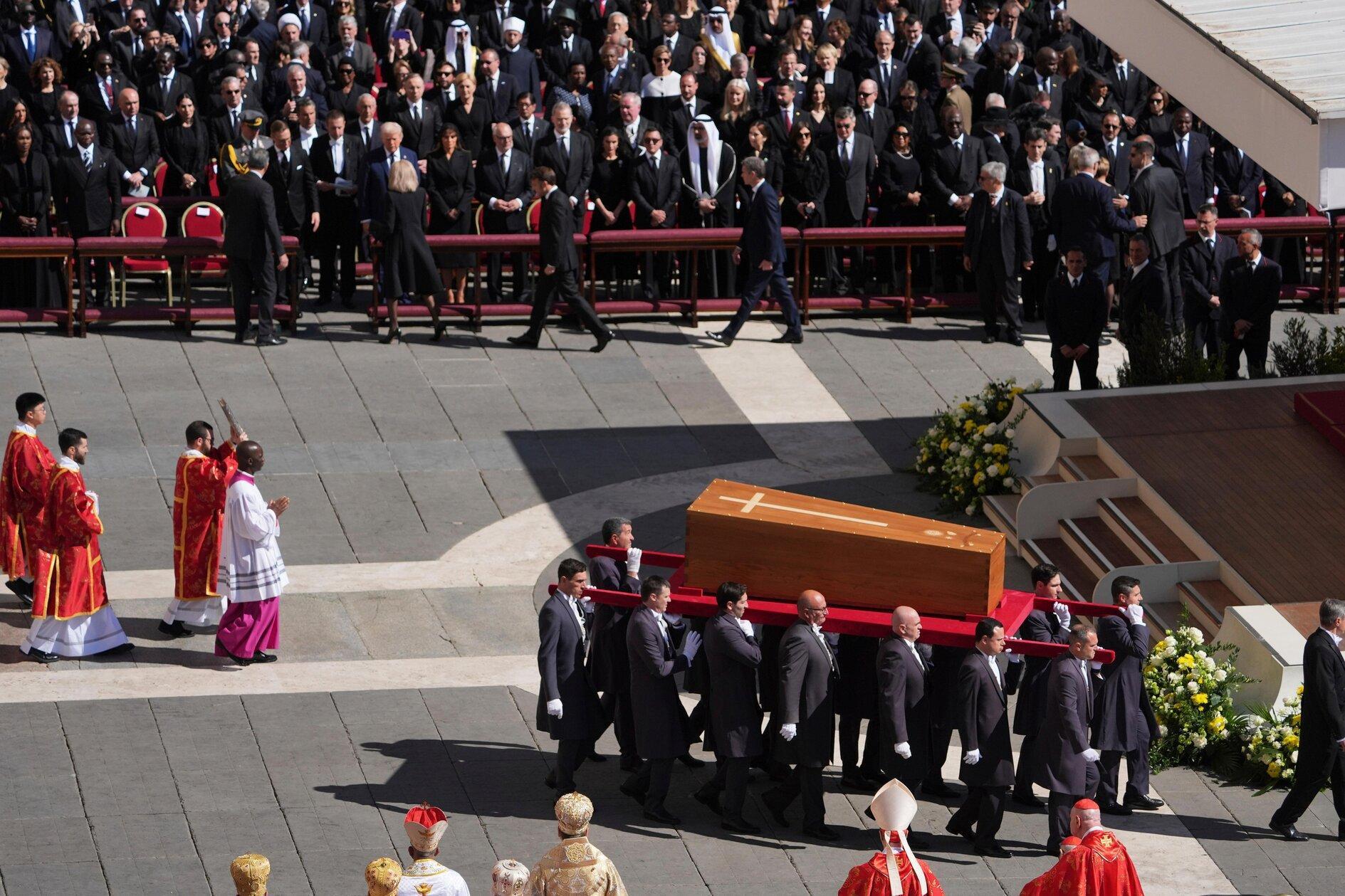Confusing Turkey
I am tempted to blame my confusion on generous doses of Bai Jiu, the traditional Chinese liqueur. But sober reading of the news causes even more confusion, as I inevitably catch even more confusing details. The events that make one think “only in Turkey” would not leave you alone even on Mars.
Take America’s top military commander, Martin Dempsey, for instance. Last December, Gen. Dempsey said that “it was unclear the latest steps taken by EU leaders would be enough to hold the eurozone together.” For a second, I thought I was reading a statement from the Federal Reserve chairman, not a general. That was Fed Chairman Dempsey. Then in February Mr. Dempsey the secretary of state said that “intervention in Syria would be very difficult and it would be ‘premature’ to arm the besieged country’s opposition movement.” And most recently, Mr. Dempsey the secretary of defense said: “Of course we always have to provide military options, and they should be considered. But economic and diplomatic measures should first be used to push [Syrian President Bashar al-] Assad to make the right decision.”
Meanwhile, Gen. Dempsey’s Turkish counterpart, Chief of General Staff Gen. Necdet Ozel, reportedly told his hosts in Washington that “regarding Syria, every step to be taken is under the authority of the government.”
Have we not been taught that in democracies generals do not make political (or economic) statements? Does that comparative picture not make Turkey a better democracy than the United States? The lucky Gen. Dempsey could have been sent to jail on terrorism charges if he commanded the military of Turkey instead of the U.S.
Then, of course, there is Foreign Minister Ahmet Davutoğlu. “It is not possible for us to bring democracy to Libya but refrain from bringing democracy to Syria.” Great logic. But then every sane mind would ask: “Is it possible that we can bring democracy to Libya and Syria but refrain from bringing democracy to Saudi Arabia and the Gulf countries?” Or is Mr Davutoglu’s “hey we are bringing democracy to you” mission limited to bringing democracy only to hostile regimes? Why deprive friendly nations of the virtues of democracy? Do the Saudis and the Qataris not deserve the freedom to vote?
At a safe distance of about 6,000 kilometers, I read with laughter Prime Minister Recep Tayyip Erdoğan’s latest conspiracy theory that “abortion is a covert plan to erase our nation from the world stage.” In a second speech Mr. Erdoğan went so far as to hint that a “Jewish hand” is behind this plan. The prime minister is right.
Take China, for example. Decades ago China’s own leaders (I am not sure with which enemy countries they covertly plotted this conspiracy) launched a family planning policy that advocated delayed marriage and delayed child bearing, fewer and healthier births, and one child for one family. And now, see, as a result, China has been erased from the world stage. If only Deng Xiaoping had heard about Mr. Erdoğan’s “three or five children per family” policy. Perhaps then China could have been the world’s second largest economy today.
Yes, size does matter. That’s why poor Muslim immigrants risk their lives to flee to live a decent life in the grossly populous Pakistan instead of tiny Switzerland. That’s why populous Indonesia tops the UN human development index, and not the mini-nations of Norway and Luxembourg. And, of course, that’s why macro-state Turkey is an EU member, and micro-states like Cyprus and Malta are not.
And there is the Uludere incident, in which Turkish fighter jets erroneously bombed and killed 34 Kurdish smugglers on Dec. 28. Mr. Erdoğan has confusingly likened the incident to abortion. If we recall that he had earlier said “abortion was murder,” we can safely conclude that the prime minister thinks that “the Uludere incident was murder.” But then, even more confusingly, Mr. Erdoğan thinks that “regarding Uludere there is nothing to apologize for.” So, murder does not require even an apology? Because the murdered people were Kurds? Because the murderers belong to a now-friendly institution, not an enemy one?
It’s all so confusing.










